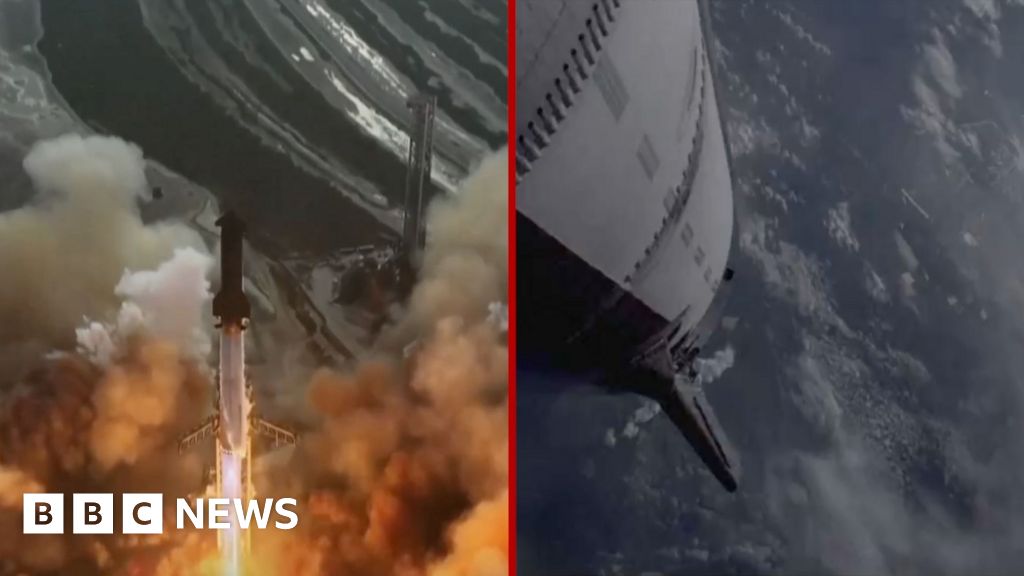In a surprising move, Bolivia has rejected Elon Musk's Starlink service, which has successfully provided internet access throughout much of South America, even penetrating remote areas. This decision raised eyebrows as over a dozen South American countries welcomed the technology, but Bolivia, a nation of about 12 million residents with some of the slowest internet speeds on the continent, has opted for reliance on its outdated Chinese-made satellite instead.
Experts noted that the Bolivian government’s refusal to grant Starlink an operating license last year stemmed from fears over the company's unchecked dominance and its impact on local markets. The public's reaction has been mixed; many are frustrated by the lack of high-speed internet, which severely limits educational and professional opportunities, especially in rural areas where access is desperately needed.
Currently, hundreds of thousands of Bolivians remain without stable internet, struggling with the repercussions during emergencies and in everyday life. As the country contemplates its technological future, the decision not to embrace a transformative digital solution continues to elicit mixed feelings among its citizens.

















